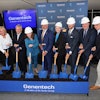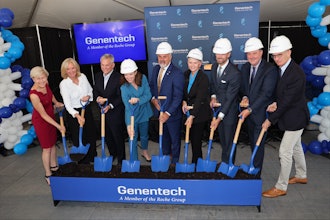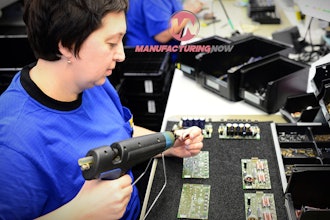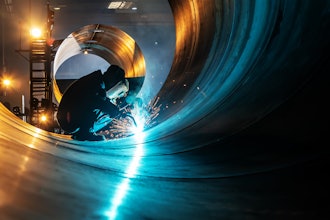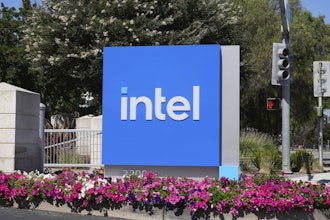The Aston Martin Vanquish was a touring car that existed through two generations, the second of which concluded production in 2018. That happened to be the same year that the automaker went public, and in the ensuing flood of paperwork, it was discovered that Aston Martin had quietly sold some assets.
In this case, we learned that Aston Martin had unloaded the tooling and design drawings of the Vanquish to a third party for $26 million, but the buyer was never made public, rather, the company was referred to only as an “auto manufacturer.”
Well, we’ve recently learned that the deal didn’t work out so well for Aston Martin, as the now-public car maker had to reveal to its shareholders that the multi-million-dollar deal was now being classified as “doubtful debt.”
But reports suggest that the debt actually became “doubtful” almost before the ink was even dry on the contract. According to Automotive News Europe, the company who bought the Vanquish assets was Detroit Electric, an EV startup that’s not-so-clearly based in Hong Kong.
Detroit Electric announced in 2017 that it would be developing three vehicles, including a sports car, leaving many wondering how they exactly planned to do that as a such a small company. The answer became clear when it was revealed that Detroit had been the one to buy the tooling for the Vanquish, likely with the plan to use the design as a model, rather than start from the ground up.
But unfortunately for both companies, it’s been reported that Detroit couldn’t even make it’s first payment on time and that, now, Aston Martin is acknowledging that it likely won’t recover any of this money, alerting shareholders of the one-time write-off for the unreceived funds. Apparently getting a Chinese company to pay up in this type of scenario has usually been unsuccessful.
Lucky for them, Aston Martin didn’t actually part with any of the assets and is reportedly shopping for a new buyer to take the contents of a plant in St. Athan, UK to make way for the full scale production of its new DBX model in 2020. There’s not much time, so get your offers in now.

